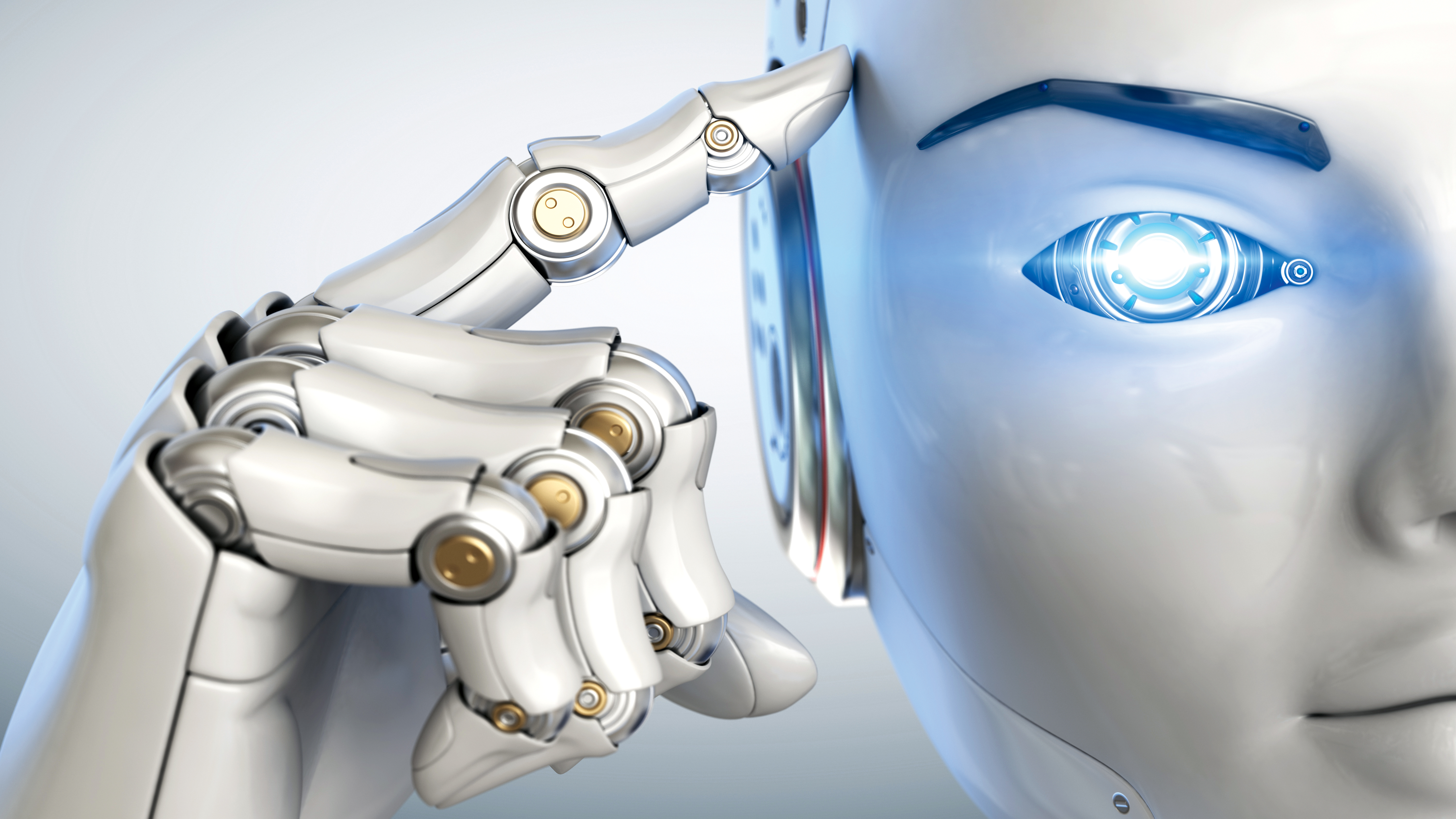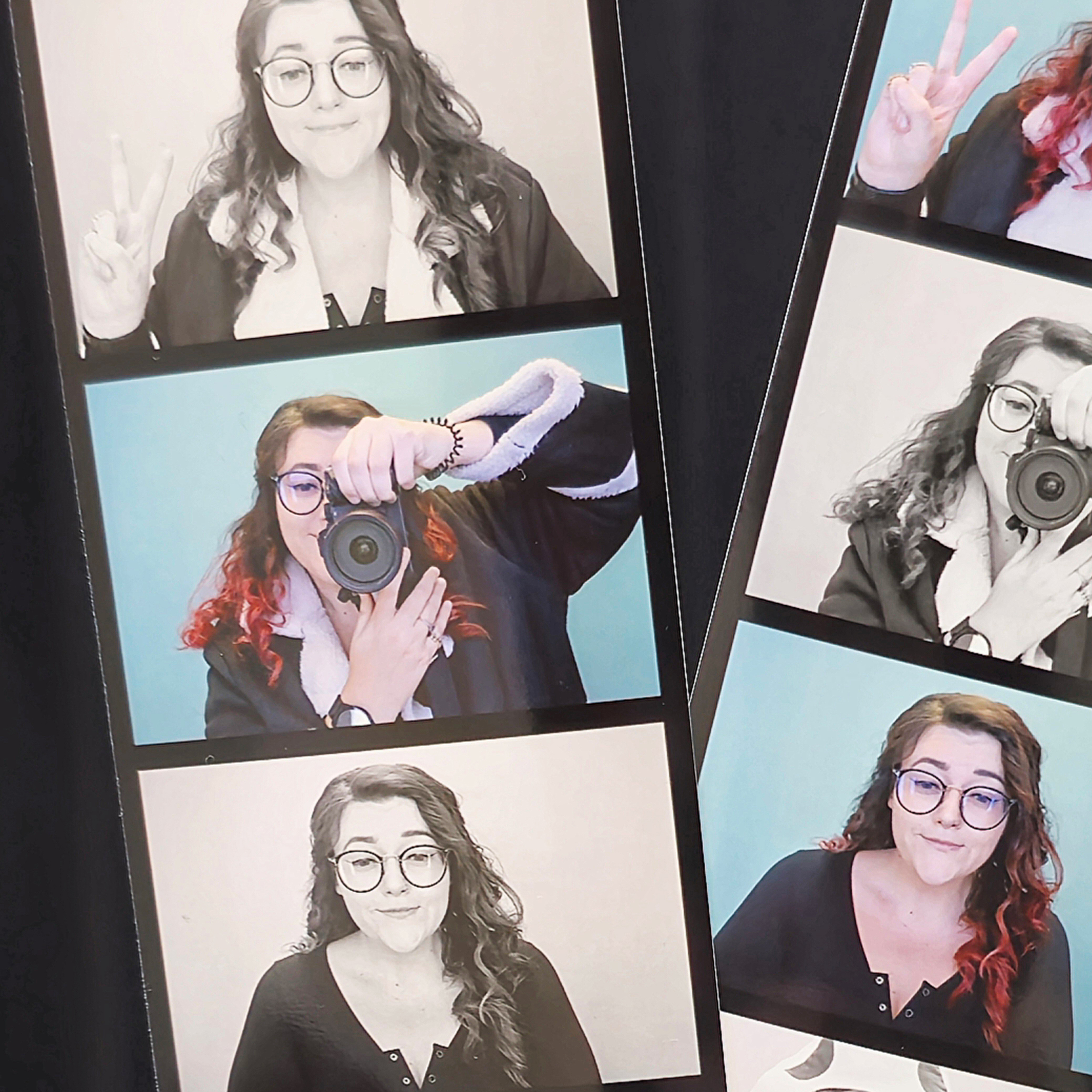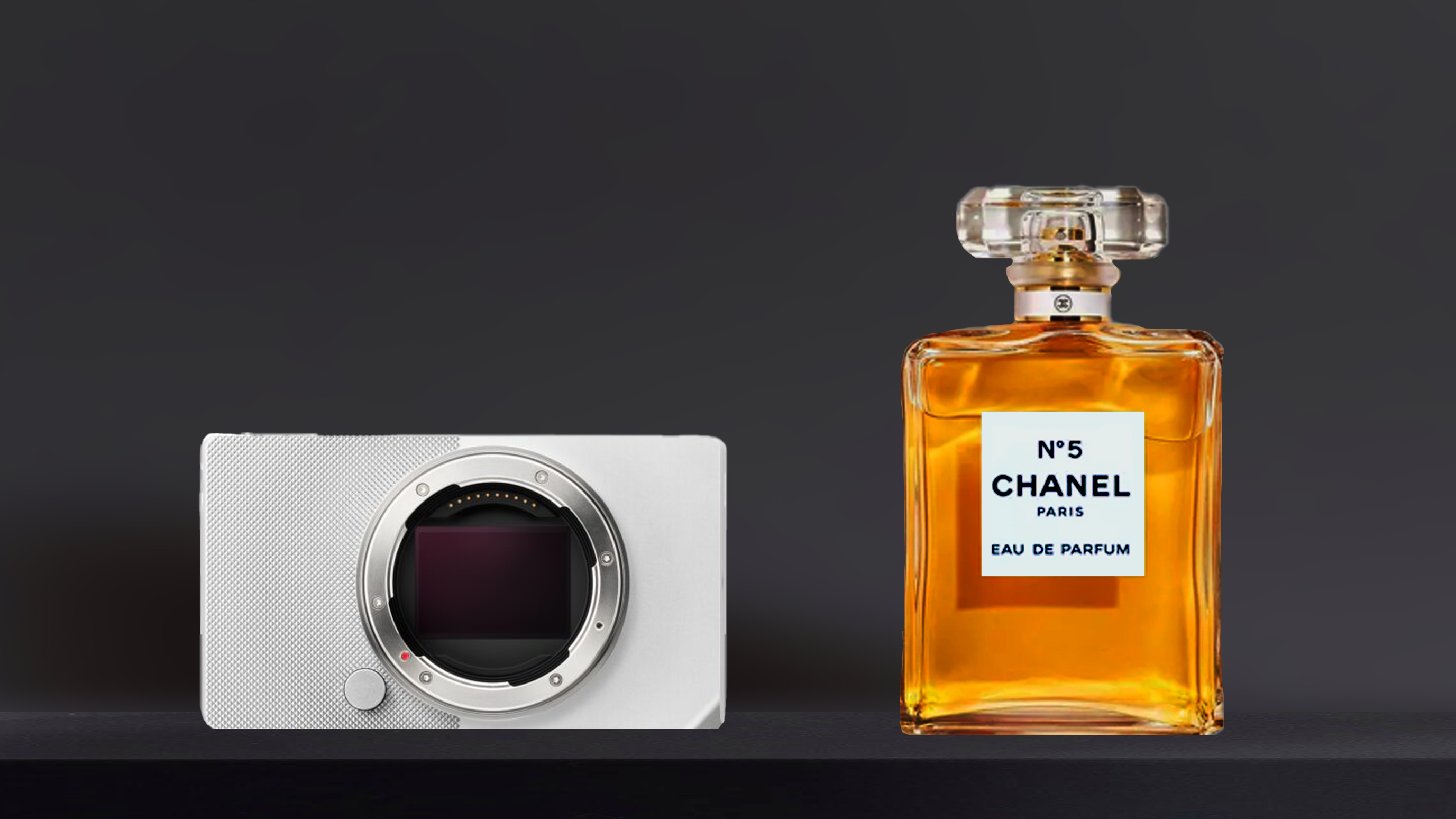Midjourney founder basically admits to copyright breaching and artists are angry
David Holz has revealed in an interview with Forbes that his AI-image generator was trained using assets without consent

The best AI image generators are taking the internet by storm, and not necessarily in a good way. Many artists and photographers are rightly furious at how these generators use datasets that contain hundreds of millions of artworks and photographs without consent from creators to train their AIs to create text-to-image results.
Fuel has been added to the fire recently in an interview that has emerged from September with Forbes and David Holz, the founder and CEO of Midjourney, whereby Holz openly admits that the company has based its AI on existing artworks and photographs without any consent from the creators of them.
• We need to talk about the Midjourney Discord-based AI image generator
If you're not familiar with AI-image generators by now then it's time to get up to speed. These tools are growing in popularity as millions of people across the globe now have the power to create anything they can think of in no time at all. These generators may be fun in practice, but in principle, they are potentially damaging artists and photographers big time.
In an interview with Forbes back in September, David Holz, the founder of Midjourney – a powerful generator that uses the platform Discord and its chat servers to deliver images – admitted that open and published data sets are used to train the platforms AI generators and contains work from artists at all levels without their approval or consent, and with no way of opting-out of having it used.
Many Twitter users and artists are outraged at the attitude of the CEO, being fully aware of using data sets containing millions of already existing artworks and images without consent, and showing no remorse in doing such.
David Holz is lying. Every piece of art I process in Photoshop has embedded metadata that marks it as copyrighted and includes contact info. Does that mean every image online has this data? No, but embedded copyright in image metadata has existed for years! https://t.co/418zlrEPe5December 20, 2022
• What is an AI camera? How AI is changing photography?
• Photographer fools the internet with AI-generated images of ancient cameras
• The war against machines has begun as AI images are banned
• Google's AI text-to-image generator is now ready
• I tried out the MyHeritage AI image generator and it's freaky
• Getty and Shutterstock are the latest platforms to ban AI-generated images
"It’s [the dataset] just a big scrape of the Internet. We use the open data sets that are published and train across those. I’d say that’s something that 100% of people do. We weren’t picky". Shares holz in the interview with Forbes.
Get the Digital Camera World Newsletter
The best camera deals, reviews, product advice, and unmissable photography news, direct to your inbox!
This statement in particular is a red flag, as even Google is being cautious in filtering the data that its Imagen AI generator has access to, in the hope of avoiding any nudity, bias, and stereotyping around race, gender, age, and other issues when generating content. The fact that the Midjourney team "weren't picky" suggests that this data set has not been carefully curated and could be biased.
When asked what the purpose of Midjourney is, the CEO responded, "The goal is to make humans more imaginative, not make imaginative machines, which I think is an important distinction." He continues, "There's no intention in the machine. And our intention has nothing to do with art. We want the world to be more imaginative and we would rather make beautiful things than ugly things."
It's important to emphasize that this is not about art. This is about imagination. Imagination is sometimes used for art but it's often not. Most of the images created on Midjourney aren’t being used professionally. They aren’t even being shared. They’re just being used for these other purposes, these very human needs.
David Holz, via Forbes
As these AI platforms learn and gain intelligence, able to generate extremely realistic images, they arguably become more of a threat to creative communities who hope to make a living. Who would pay for a graphic designer or illustrator for a new book cover if the author can now create one themselves for free?
Even portrait photographers aren't safe, as MyHeritage can transform selfies into masterpieces in just 30 minutes. When people refer to supporting local businesses as a goodwill or charity gesture, that may soon include photographers and artists.
A website called Have I Been Trained has been created, as PetaPixel has cleverly spotted, that allows photographers to uncover the truth and find out if their copyrighted photos have been used to train AI image generators.
There isn’t really a way to get a hundred million images and know where they’re coming from. It would be cool if images had metadata embedded in them about the copyright owner or something. But that's not a thing; there's not a registry. There’s no way to find a picture on the Internet, and then automatically trace it to an owner and then have any way of doing anything to authenticate it."
David Holz, via Forbes
Holz may be claiming that the platform is intended purely for inspirational purposes and to bring ideas to life, but the ignorance surrounding the assumption that it isn't primarily being used as a way to rip off and steal works and commission jobs from other artists is very disappointing, to put it politely.
The CEO/Founder suggests that his hands are tied in how the dataset sources content is also fibbery, as previously mentioned, other platforms who are developing AI image-generators are aware of the potential dangers and misuse, therefore have been adjusting the datasets accordingly and filtering sources. Also, has he never heard of Image meta-data before?
Let us know what you think about these statements from David Holz, do you share the same rage as other artists and photographers on the subject?
• You may also be interested in the best noise reduction software, as well as our review of the Topaz Labs DeNoise AI and Topaz Labs Sharpen AIsoftware, and the Top 10 AI tools in Photoshop.

Beth kicked off her journalistic career as a staff writer here at Digital Camera World, but has since moved over to our sister site Creative Bloq, where she covers all things tech, gaming, photography, and 3D printing. With a degree in Music Journalism and a Master's degree in Photography, Beth knows a thing or two about cameras – and you'll most likely find her photographing local gigs under the alias Bethshootsbands. She also dabbles in cosplay photography, bringing comic book fantasies to life, and uses a Canon 5DS and Sony A7III as her go-to setup.
